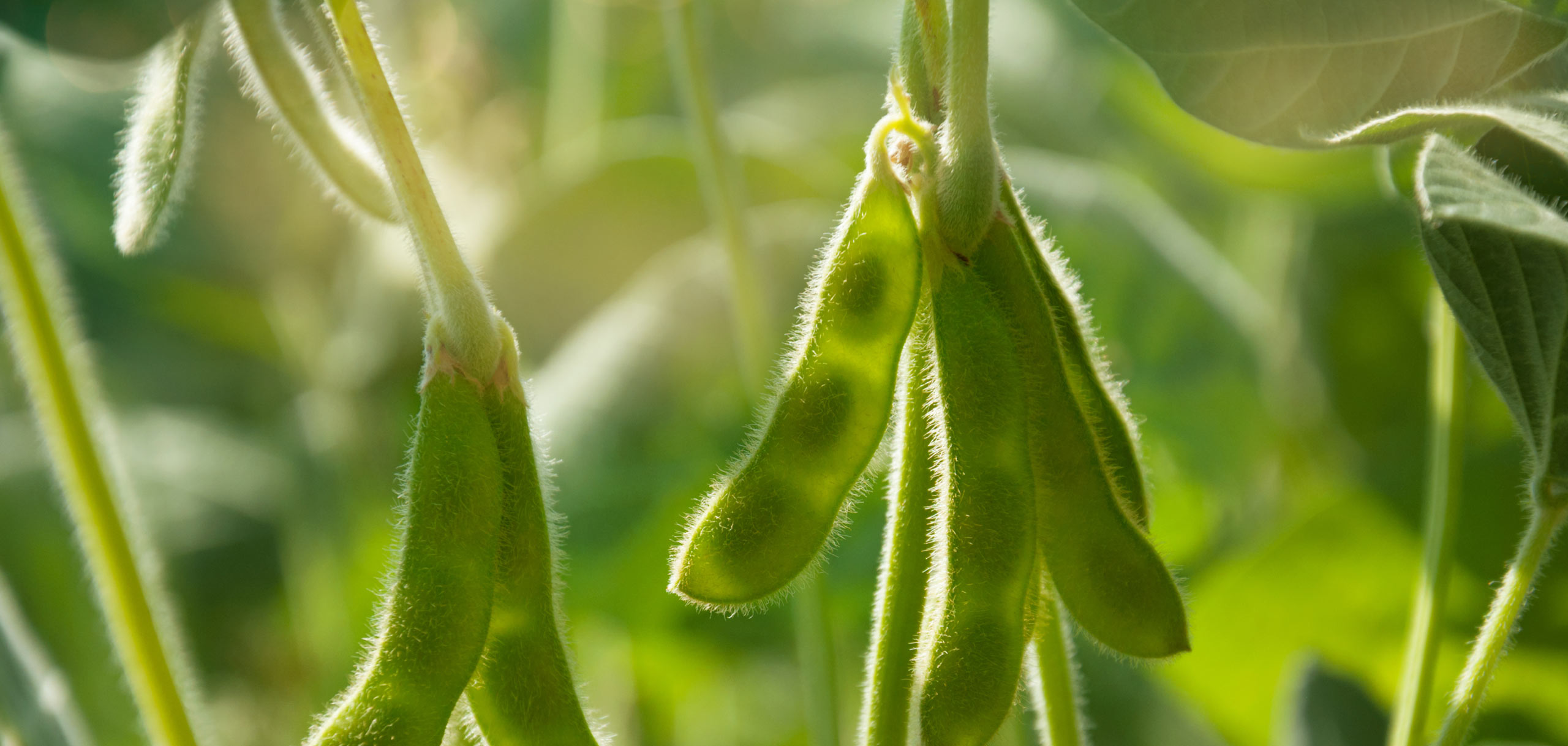
Use of Soy-based Products in Practical Diets for Florida Pompano
Category: Aquaculture
Region: Americas
DownloadResearch is needed to advance the fish feeds sector in the United States and the world by increasing the cost-effectiveness and environmental sustainability of the aquafeeds used during the growout stages. This project addresses the need to develop practical diets for Florida Pompano (Trachinotus carolinus), using combinations of various soy protein products at different ages in order to formulate cost-effective and environmentally-friendly diets.
The proposed goal is to maximize fish meal replacement for Florida Pompano, Trachinotus carolinus, at different ages in order to optimize the soy-based products in aquaculture feeds. The use of protein sources such as standard soybean meal, soy protein concentrate and soy by selective breeding program could greatly improve the profitability and appeal of the industry. In essence, the main objective was to conduct scientific experiments with practical application aimed at improving the ecological and economic efficiency of feeds for the Florida pompano and eventually for other commercially important species as well. The present proposal represented the second research phase of a study financed by United Soybean Board (USB) in 2012.
Florida pompano is a truly euryhaline species of high market value and demand. With the recent interest in developing aquaculture of high-value carnivorous species, production costs are a primary concern since carnivorous fish require greater amounts of protein and fishmeal represents the primary protein source in feeds formulations. Lack of adequate feeds for the growout of pompano remains a serious bottleneck preventing pompano aquaculture expansion to commercial scale. No basic or applied research has been conducted to develop ecologically and economically efficient diets for larger size pompano, at the later stages of the growout period, when the vast majority of the feeds are used. We proposed to conduct innovative scientific research to address and resolve this problem.